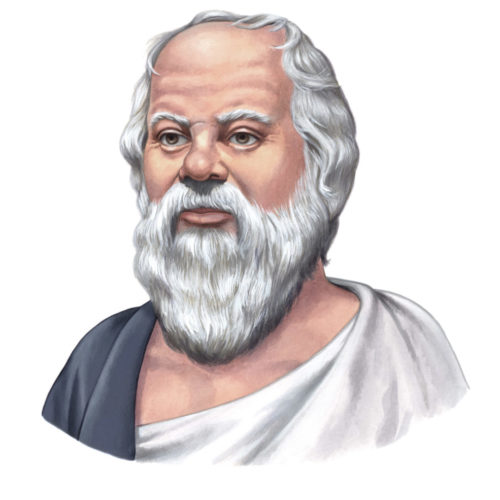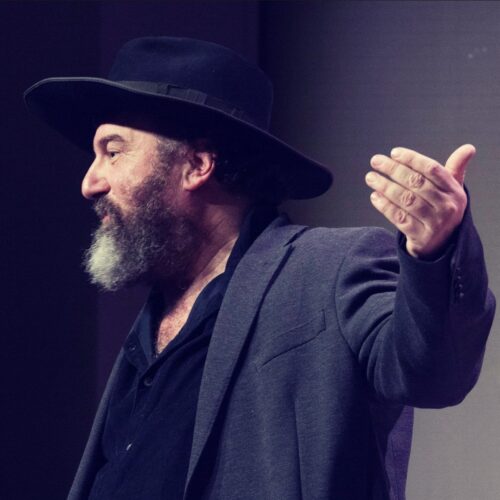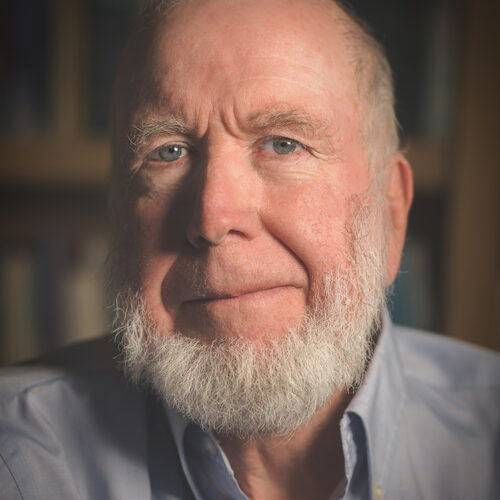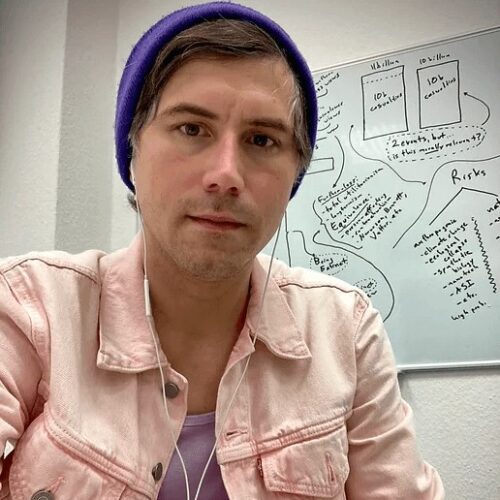Maria Farrell on Technology, Ethics, Stories and the Prodigal Techbro
Socrates / Podcasts
Posted on: December 13, 2020 / Last Modified: December 13, 2020
Podcast: Play in new window | Download | Embed
Subscribe: RSS
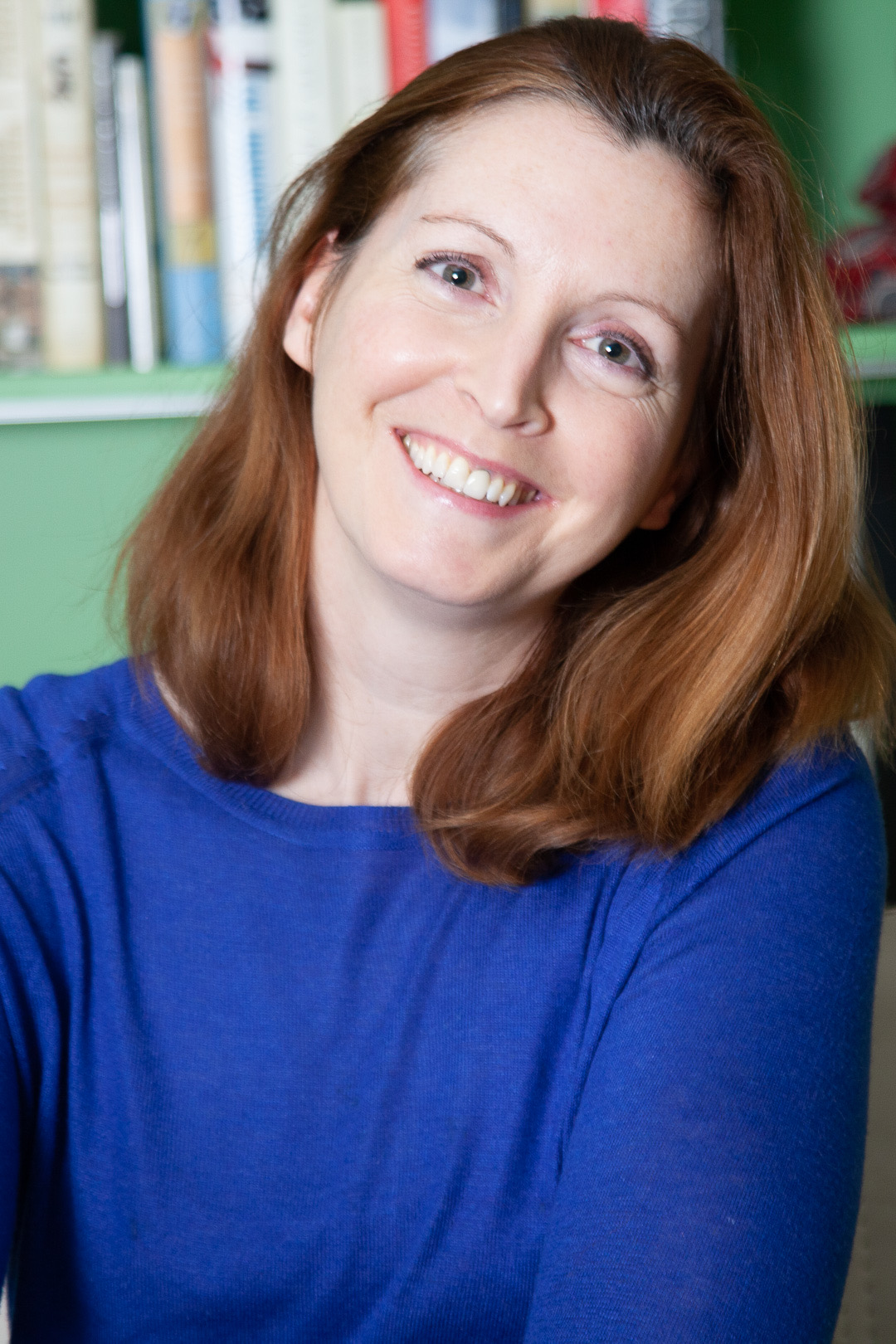 Maria Farrell is the author of some of my most favorite op-ed pieces of 2020. She is very smart, gutsy, genuine, feisty, generous, and Irish. Her writing is sharper, it penetrates deeper and she’s not afraid to go further than most others. I have already learned a lot from her and have become a total fan. So it was a blast to have her on my podcast and I hope you enjoy our conversation as much as I did.
Maria Farrell is the author of some of my most favorite op-ed pieces of 2020. She is very smart, gutsy, genuine, feisty, generous, and Irish. Her writing is sharper, it penetrates deeper and she’s not afraid to go further than most others. I have already learned a lot from her and have become a total fan. So it was a blast to have her on my podcast and I hope you enjoy our conversation as much as I did.
During this 2.5-hour interview with Maria Farrell, we cover a variety of interesting topics such as: why she is a reader who eventually became a writer for crooked timber and elsewhere; the image and mythology of Conor McGregor as the Fighting Irish; the biggest issues that humanity is facing today; stories as tools we think with; futurism as an interest of those happy with the present; what Feminism can teach us about our smartphones; how China is selling Autocracy as a service; why the internet must be more than Facebook; whether technology is a magnifying mirror; the importance and impact of story; why I wasn’t welcome at Google and CISCO; Francis Fukuyama’s The End of History; why the Agrarian Revolution is history’s greatest fraud; the Prodical Techbro phenomenon; my interview with Tristan Harris; the Tragedy of the Commons as a false narrative; why no one is coming to save us from ourselves.
As always you can listen to or download the audio file above or scroll down and watch the video interview in full. To show your support you can write a review on iTunes, make a direct donation, or become a patron on Patreon.
Who is Maria Farrell?
Maria Farrell is a writer and keynote speaker on technology and the future. An Irish citizen now based in London, Maria has worked in tech policy for twenty years in Europe, the US, and the UK. She was an Internet policy specialist at the International Chamber of Commerce, Paris, the UK’s Confederation of British Industry and The Law Society of England and Wales in the early 2000s, before being appointed deputy head of corporate affairs and policy officer at ICANN, based in Brussels, Los Angeles and Washington D.C. She then led communications and a government advisory project at infoDev, the World Bank/IFC program on technology and development.
Maria has been an invited speaker at the Royal Society, Chatham House and Royal Institute in London, European Forum Alpbach, and Estonia’s NATO cyber-security summer school. She opened the 2018 European Data Protection conference in the European Parliament. She weaves storytelling into speeches about how we can imagine and build technological and political futures we actively choose to live in, and not the dystopia currently on offer.
A graduate of University College Dublin, the Dublin Institute of Technology, and the London School of Economics, Maria taught politics and policy on Oxford University’s doctoral program in cybersecurity from 2014 – 2018. She is now completing a Ph.D. in Creative Writing at Goldsmiths University, London, and uses her fiction skills to write near-future stories and scenarios for technology clients who want to know how the future will really feel.
She has written for The Guardian, Slate, Medium, the Conversationalist, the Irish Times, and Irish Independent, and appeared as a tech expert on BBC, Sky News, NBC, and TRT.





